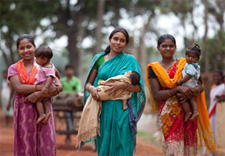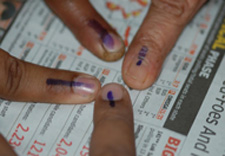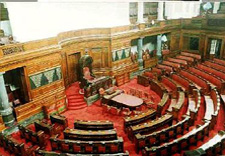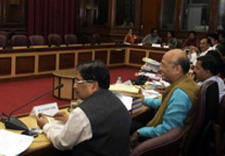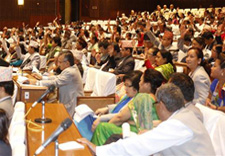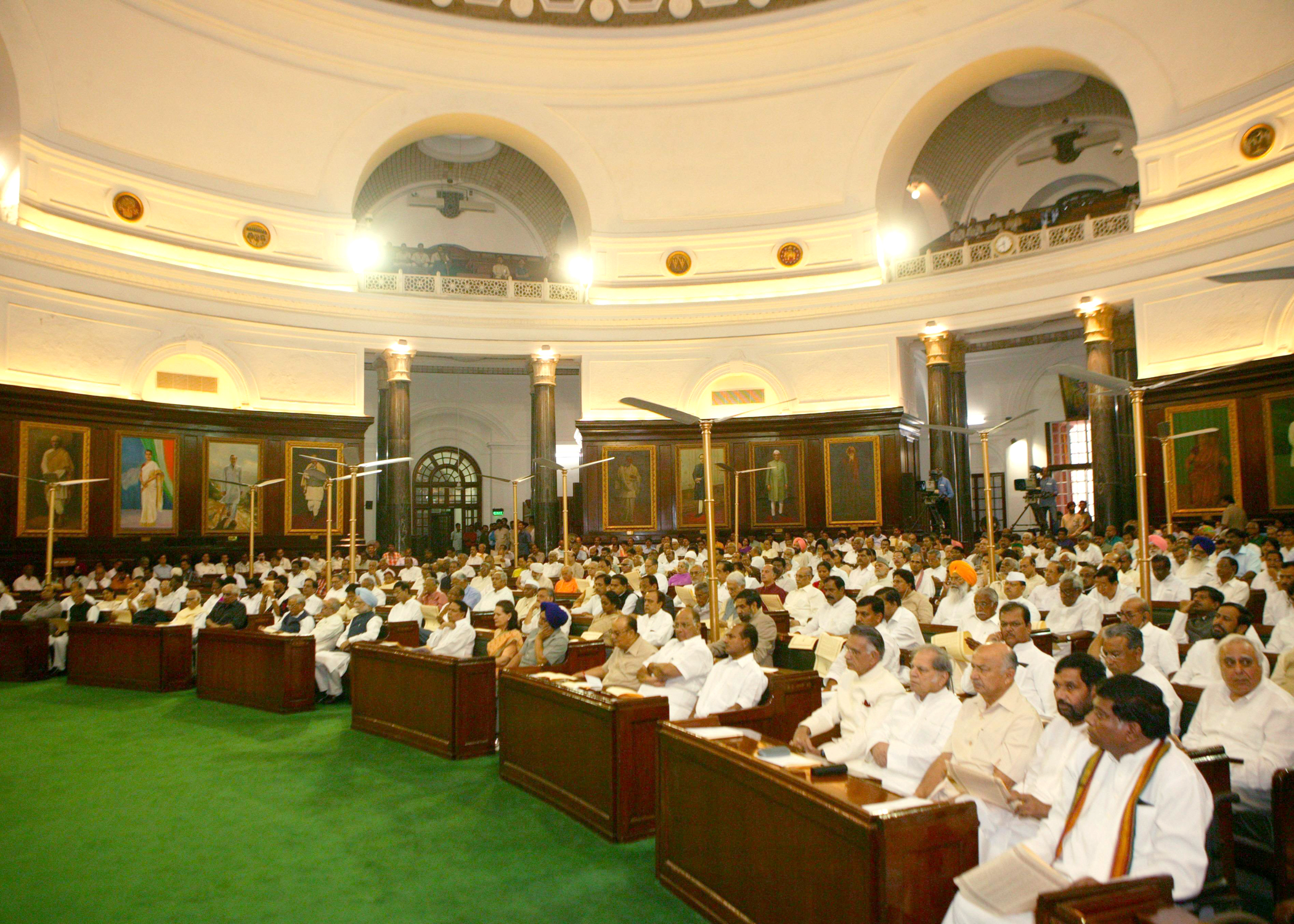Child Labour in India: A Judicial Perspective
Every day, a large number of Indian children are subjected to bonded labour and forced employment, depriving them of their childhood, education and overall mental and physical development. According to the 2011 census released by the Government of India, the number of children working in the 5-14 year age group stood at 43.53 lakhs. While this is an improvement from the 2001 census figure of 1.26 crores, the structural problems that act as an impetus to child labour such as poverty and poor enforcement and regulation, remain. The Constitution of India has several articles that protect the rights of children, which include Article 24 that prohibits the employment of children under the age of 14 in factories and other hazardous employments, Article 21Athat says the state shall provide free and compulsory education to all children of the age of six to fourteen, and Article 39 clauses (e) and (f) that say the State shall safeguard health of children and offer opportunities and education to them.
Parliament has supplemented the safeguard of child rights by passing several legislations to combat the problem, which include among them the Factories Act of 1948 which prohibits the employment of children below the age of 14 years in any factory, the Mines Act of 1952which prohibits the employment of children below 18 years of age in a mine, and the Child Labour (Prohibition and Regulation) Act of 1986(amended in 2012) which prevents children below the age of 14 being employed anywhere, except in non-hazardous family enterprises or the entertainment industry.
Historically, the Judiciary has played a pivotal role in guarding the constitution, and it has played a similarly integral role in enforcing child rights. There have been several important cases where the judiciary has played a proactive role in preventing the employment of children and forced labour.
In the case of People’s Union for Democratic Rights v. Union of India, the Supreme Court observed that it was a clear breach of Article 24 of the Constitution to employ children below the age of 14 in construction work. The court proceeded to prohibit any kind of violation of Articles 23 and 24 and further laid emphasis on strict observance of fundamental rights by private individuals and spoke strongly against any form of forced labour. The Supreme Court, in the case of Bandhua Mukti Morcha v. Union of India & Others, took into cognizance the employment of children in the carpet manufacturing industry in Mirzapur, Uttar Pradesh. It instructed the District magistrate to conduct raids, and subsequently got 144 children, who were under the forced custody of the owners, released. In the case of Sheela Barse & Others v. Union of India, under the direction of the Supreme Court, children who were being exposed to chemical fumes and coal dust from working near furnaces in the glass industry were released from their employment. In the landmark case of M.C. Mehta v. State of Tamil Nadu, the Supreme Court gave directions to the government to eliminate child labour, which included the conducting of surveys for the identification of working children, ensuring the withdrawal of children working in hazardous industries and ensuring their education in appropriate institutions. In cases where a child was withdrawn from work, the Supreme Court directed the Government to ensure that at least one adult member of the child’s family receives employment.
Unfortunately, it has been observed that the directions and suggestions of the Judiciary have not been implemented in the most effective manner by the Government machinery. Poverty and structural issues still remain. International conventions such as the ILO Convention 138 and ILO Convention 182 have not yet been ratified. No national minimum age for employment exists.
In light of this, the proactively shown by the Judiciary in ensuring the rights of children has been commendable, and judgements passed by the courts have reinforced and protected the basic rights of the children.
(This article was originally published in the PGC Newsletter, Winter Session Issue: Nov-Dec 2015)
- Dushyant Chautala, Member of Parliament (Follow on Twitter: @Dchautala)


 13 March 2016
13 March 2016  0 Comments
0 Comments Updated News
Updated News